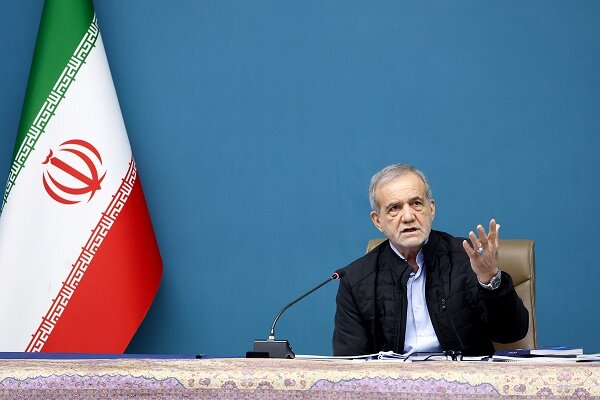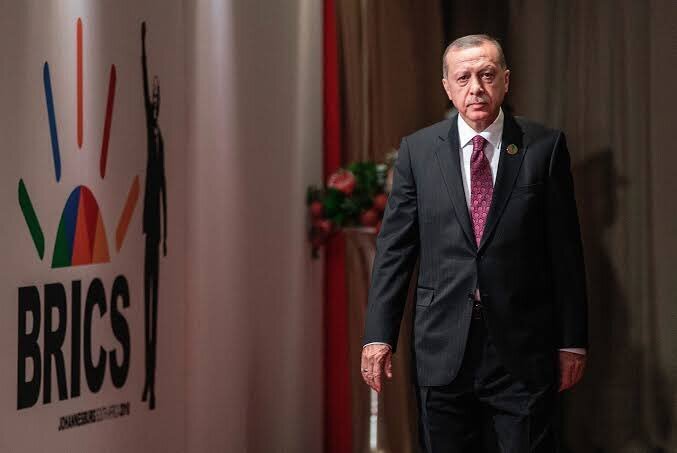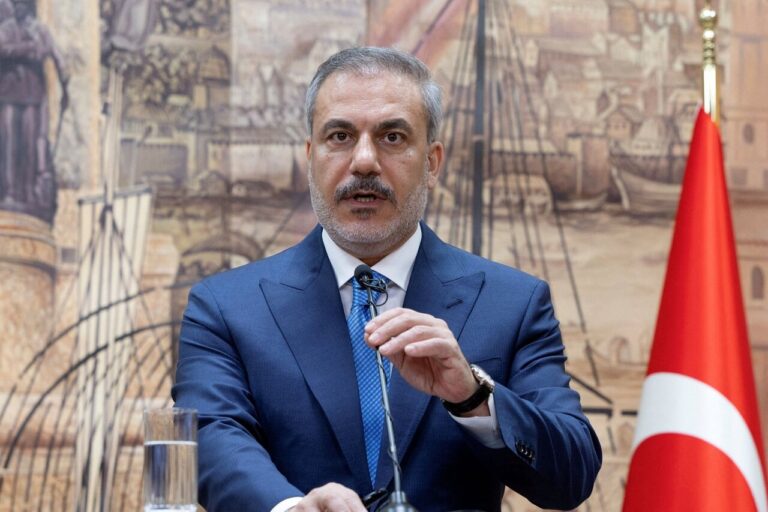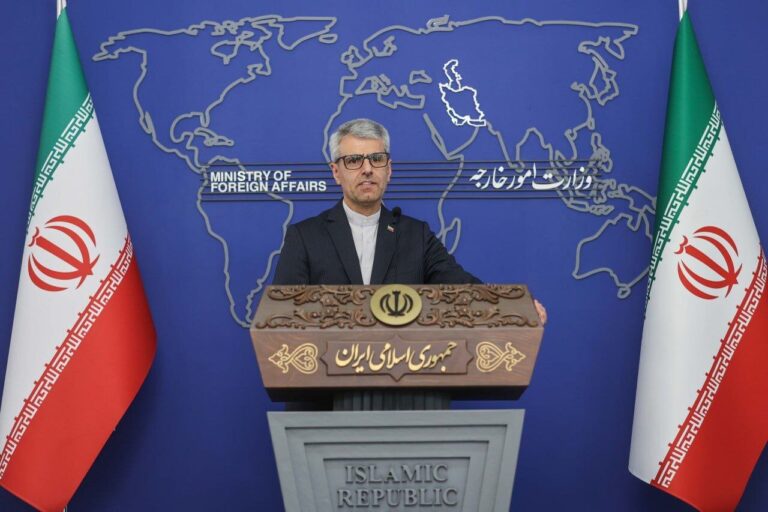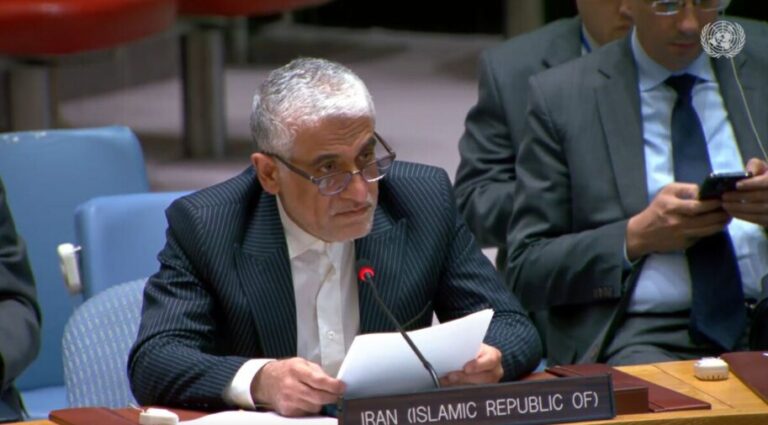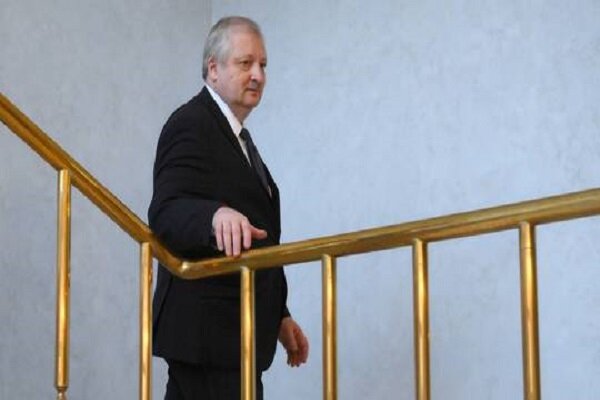Pezeshkian Counters Trump’s Oil Export Threats: A Bold Stand for Energy Independence
In a recent cabinet meeting, President Masoud Pezeshkian highlighted the significance of energy exports, stating that “energy exports in a market with many customers have resulted in significant revenues.” This statement underscores Iran’s robust position in the global energy market and its ability to navigate challenges posed by international sanctions.
Pezeshkian emphasized Iran’s strength, asserting, “We are a powerful country, and our reserves and resources are exceptional in the world.” His remarks come amid ongoing tensions with the United States, which has sought to curtail Iran’s oil exports through sanctions.
The president addressed the issue of U.S. sanctions, noting, “The United States is sanctioning us, but if we manage our own resources, we will solve our problems.” He argued that the U.S. underestimates Iran’s resilience, adding, “They think everything we do depends on oil and they want to stop it.” This reflects a broader sentiment within Iran that the nation has multiple avenues for economic stability despite external pressures.
In his comments, Pezeshkian specifically referenced recent statements made by U.S. President Donald Trump, who claimed he would bring Iran’s oil exports to zero. “They think everything we do depends on oil so they can stop it,” the Iranian president stated, challenging the notion that Iran’s economy is solely reliant on oil revenues.
The backdrop of these discussions is the U.S. withdrawal from the 2015 nuclear deal, known as the Joint Comprehensive Plan of Action (JCPOA). On May 8, 2018, Trump unilaterally exited the agreement and imposed a series of unprecedented sanctions on Iran. These measures were aimed at crippling the Iranian economy but have largely proven ineffective in achieving their intended goals.
In response to the U.S. actions, Iran has gradually stepped back from its commitments under the JCPOA, seeking to pressure other signatories to resist U.S. influence. The Iranian government has consistently maintained that the sanctions will not lead to the country’s capitulation, asserting that they will not succeed in bringing Iran to its knees. Furthermore, Iran firmly rejects Western allegations that its nuclear program is aimed at developing weapons.
Tehran has also expressed its willingness to engage in negotiations to lift sanctions, proposing a deal that involves curbing its uranium enrichment activities. This willingness to negotiate signals Iran’s desire to find a diplomatic resolution to the ongoing tensions surrounding its nuclear program and economic sanctions.
- Significant Energy Exports: Pezeshkian noted the importance of energy exports for generating revenue in a competitive market.
- Resource Management: The president emphasized Iran’s capability to manage its resources effectively to overcome challenges posed by sanctions.
- U.S. Sanctions: Pezeshkian criticized U.S. attempts to limit Iran’s oil exports, asserting that the country has alternative avenues for economic growth.
- Response to JCPOA Withdrawal: Iran’s strategic shift from the nuclear deal reflects its resilience against external pressures.
- Negotiation Readiness: Tehran remains open to discussions aimed at lifting sanctions in exchange for limiting nuclear activities.
In conclusion, President Masoud Pezeshkian’s statements during the cabinet meeting underscore Iran’s determination to leverage its vast resources to maintain economic stability despite ongoing sanctions. The president’s remarks reflect a broader strategy to navigate the complexities of international relations while safeguarding the nation’s interests. As the situation evolves, Iran’s ability to adapt and respond to external challenges will be crucial in shaping its future.
